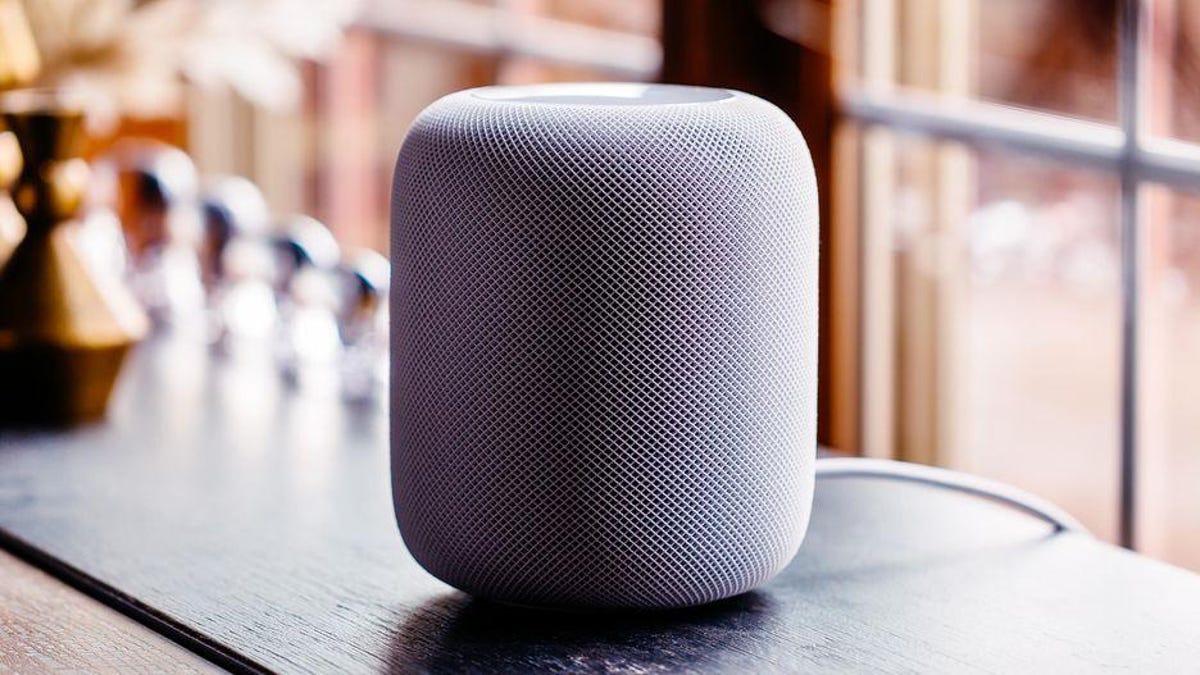Apple HomePod arrives in China on Jan. 18
Siri's homegrown smart speaker enters an enormous and complicated market.

Since debuting in the US in February last year, the HomePod has incrementally expanded its geographic reach to the UK, Australia, Canada, France, Germany, Mexico and Spain. On Friday, we'll add China to that list. The smart speaker will sell for 2,799 yuan (roughly $415, £320 or AU$580) in white and space gray.
Read: Apple's smart home is still way behind
The HomePod delivers high-quality audio and strong integration with Apple's Siri virtual assistant and the company's universe of products. But it lags far behind Google and Amazon, both of which have their own vast lineups of smart speakers -- in addition to a burgeoning ecosystem of third-party devices that support the company's respective virtual assistants, Google Assistant and Alexa.
Earlier this month, Amazon announced that more than 100 million Alexa devices have been sold. At CES last week, Google said the Assistant is expected to be built into 1 billion devices by the end of the month. (Of course, many of the devices with Assistant built in are Android phones, which come with the software installed by default.)
Read: All the new Google Assistant products from CES 2019
In the near term, Apple will have at least one hard-won advantage over Amazon and Google in China -- Siri supports both Cantonese and Mandarin. Alexa and Google Assistant do not.
Beyond language, however, China is a dynamic and challenging region for foreign companies. Though Amazon dominated the virtual assistant market in that country as recently as 2017, Google has since overtaken it, according to reporting by Axios. But Chinese companies such as Alibaba and Xiaomi are making inroads, as well. And the Chinese government is known to prefer local manufacturers and has a track record of impeding non-Chinese operators with regulatory hurdles.
Like Amazon and Google, Apple will be challenged to navigate China's complicated political environment. At CES, the company hung a massive sign near the Las Vegas Convention Center to remind attendees about its privacy protections for consumers -- and implying that other companies lack its standards. It may have a trickier time occupying the moral high ground in China.
Our 10 favorite products of CES 2019: The absolute best of CES 2019
Complete coverage of CES 2019: Read CNET's comprehensive coverage

